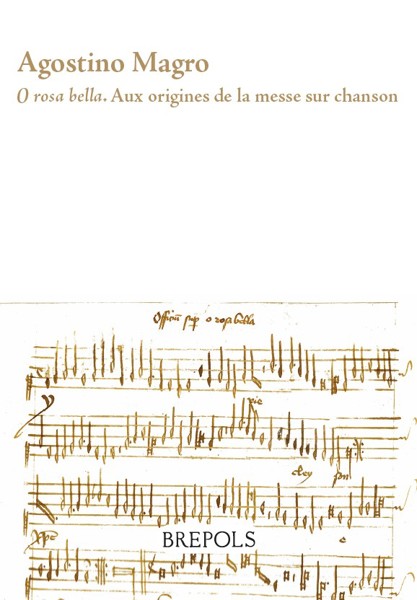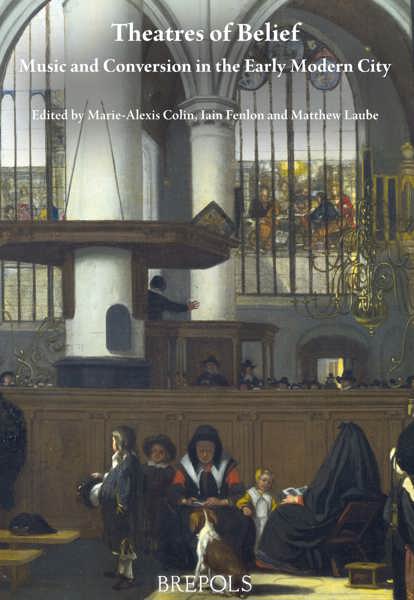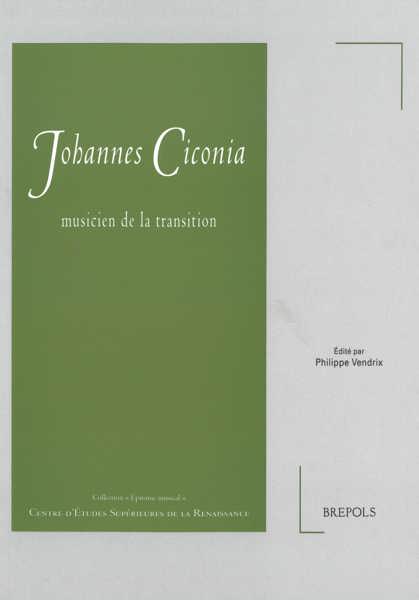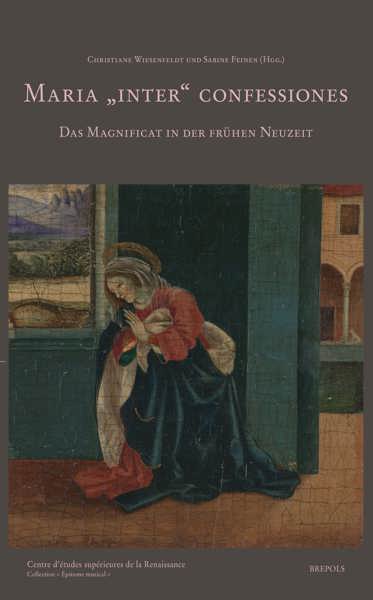
Theatres of Belief
Music and Conversion in the Early Modern City
Marie-Alexis Colin, Iain Fenlon, Matthew Laube (eds)
- Pages: 312 p.
- Size:178 x 254 mm
- Illustrations:11 b/w, 12 col., 10 tables b/w.
- Language(s):English
- Publication Year:2022
- € 55,00 EXCL. VAT RETAIL PRICE
- ISBN: 978-2-503-59887-1
- Paperback
- Available
- € 55,00 EXCL. VAT RETAIL PRICE
- ISBN: 978-2-503-59888-8
- E-book
- Available
"As a collection, Theatres of Belief represents the highest standard of scholarship and book production, with individual chapters supported by generous color images and extensive appendices. (...) The collection offers an immense contribution to the interdisciplinary study of the early modern world that will certainly inspire greater attention to the diverse social and musical agents at work in these urban soundscapes." (Melinda Latour, in Revue de musicologie, 110(1/2), 2024, p. 231)
Marie-Alexis Colin is Professor of Musicology at the Université libre de Bruxelles and Adjunct Professor at l'Université de Montréal.
Iain Fenlon is Emeritus Professor of Historical Musicology at the University of Cambridge, and a fellow of King's College.
Matthew Laube was a Wiener-Anspach Postdoctoral Fellow in Cambridge and Brussels (2014-17), and is currently a Leverhulme Early Career Fellow at Birkbeck, University of London
These eleven essays, all centrally concerned with the intimate relationship between sound, religion, and society in the early modern world, present a sequence of test cases located in a wide variety of urban environments in Europe and the Americas. Written by an international cast of acclaimed historians and musicologists, they explore in depth the interrelated notions of conversion and confessionalisation in the shared belief that the early modern city was neither socially static nor religiously uniform. With its examples drawn from the Holy Roman Empire and the Southern Netherlands, the pluri-religious Mediterranean, and the colonial Americas both North and South, this book takes discussion of the urban soundscape, so often discussed in purely traditional terms of European institutional histories, to a new level of engagement with the concept of a totally immersive acoustic environment as conceptualised by R. Murray Schafer. From the Protestants of Douai, a bastion of the Catholic Reformation, to the bi-confessional city of Augsburg and seventeenth-century Farmington in Connecticut, where the indigenous Indian population fashioned a separate Christian entity, the intertwined religious, musical, and emotional lives of specifically grounded communities of early modern men and women are here vividly brought to life.
Introduction
Marie-Alexis Colin, Iain Fenlon and Matthew Laube
1. Converting Tondalos: Musical Culture on a Lutheran Spiritual Pilgrimage of the Late Sixteenth Century
Martin Christ (University of Erfurt)
2. Catholicising the City: Music, Ritual and Identity in Sixteenth-Century Córdoba
Iain Fenlon (King’s College, Cambridge)
3. Sound and the Conversion of Space in Early Modern Germany
Alexander J. Fisher (University of British Columbia)
4. Music Books for Lima Cathedral and their Social Context in the Early Seventeenth Century: Black Slaves as a Guarantee for Producing a New Plainchant Library
María Gembero-Ustárroz (Consejo Superior de Investigaciones Científicas)
5. Land and Conversion: New Frameworks for Colonial American Hymnody
Glenda Goodman (University of Pennsylvania)
6. Lutheranising through Music: Tracing the Confessional Soundscapes of Early Seventeenth-Century Wolfenbüttel and Braunschweig
Inga Mai Groote (Zurich University)
7. Sound Conversion? Music, Hearing and Sacred Space in the Long Reformation in Ulm, 1531–1629
Philip Hahn (University of Tübingen)
8. The Musical Cultures of Dissent and Anti-Catholicism in Counter-Reformation Douai
Matthew Laube (Birkbeck, University of London)
9. A Jesuit Ceremony of Spiritual Exercises with Music in the Seventeenth Century: Devotional Connections between Perpignan, Barcelona, Madrid, Granada and Archbishop Palafox
Emilio Ros-Fábregas (Institución Milá y Fontanals, Consejo Superior de Investigaciones Científicas)
10. Bells, Confessional Conflict and the Dutch Revolt, c. 1566–1585
Andrew Spicer (Oxford Brookes University)
11. Music for an Endless Conversion: A Cycle of Offertories from Jesuit Paraguay
Leonardo Waisman (University of Córdoba, Argentina)




